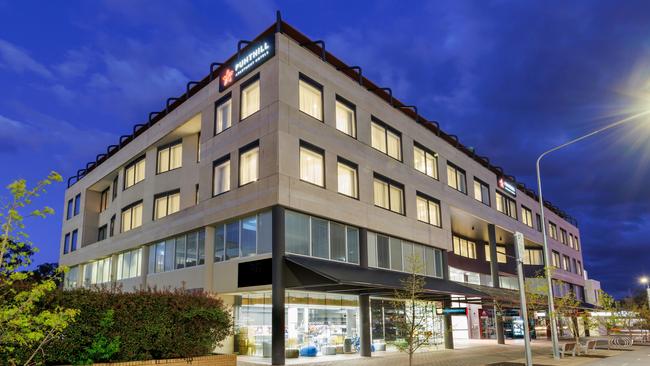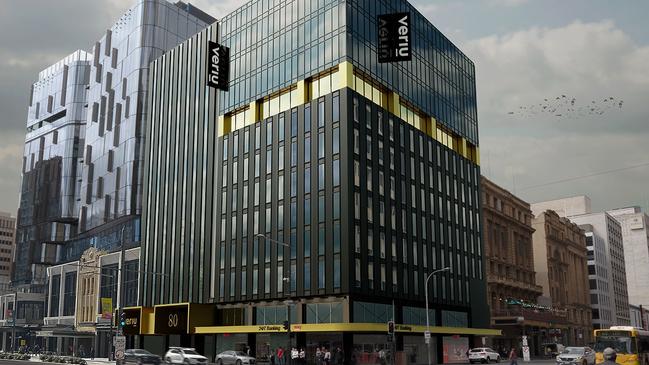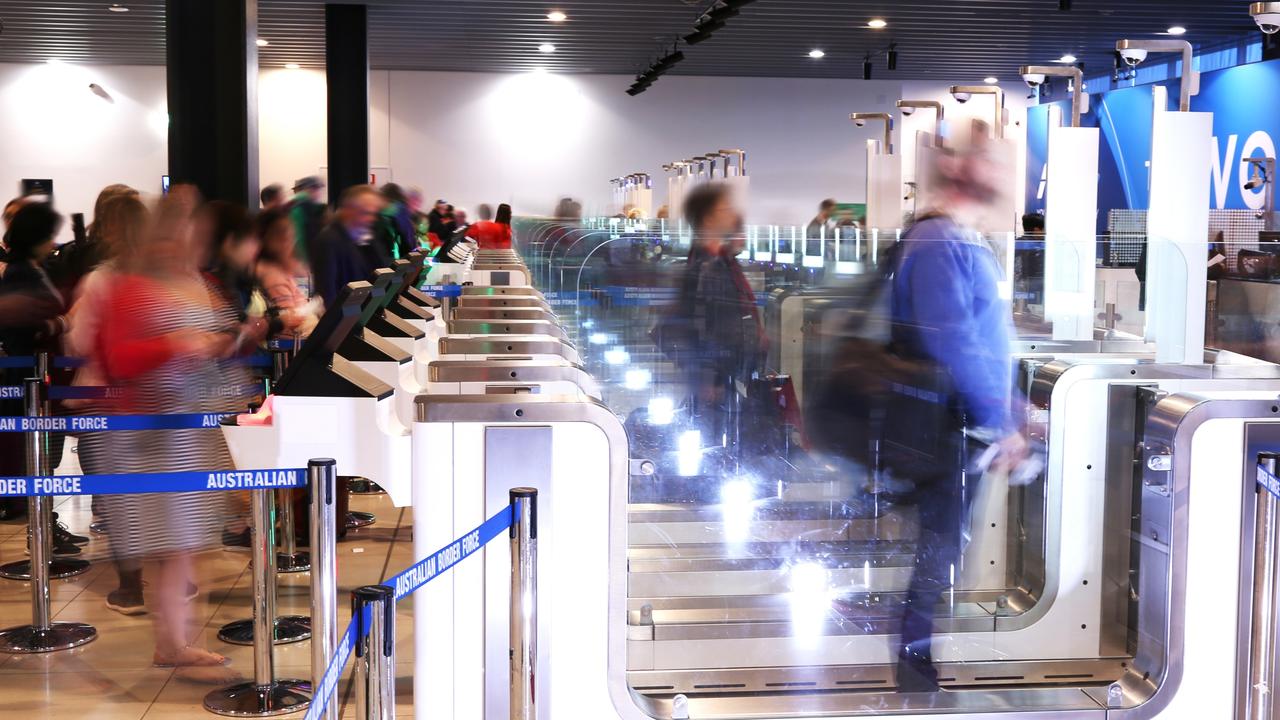Veriu Group opens first office conversion, calls for more flexible building codes
Hotel operator Veriu Group has opened its first office conversion but says stringent building codes are a barrier to breathing new life into ageing buildings.

Business
Don't miss out on the headlines from Business. Followed categories will be added to My News.
Serviced apartment and hotel operator Veriu Group is looking to roll out a growing pipeline of office conversion projects as part of its ambitious growth plans, but the company says stringent building codes are emerging as a major barrier to breathing new life into the country’s ageing buildings.
The company, headed up by former Quest boss Zed Sanjana, operates more than 3000 rooms across 24 sites, and has identified up to 100 locations where it hopes to expand its network of Veriu and Punthill-branded hotels.
Last week the company opened its first site in the ACT, and the first of its office conversion projects, after agreeing a long-term lease with the building’s landlord Matt James and Stamford Capital.
The building in Tuggeranong, 20km south of Canberra, was previously occupied by the ACT government, and continues to be home to the Canberra Institute of Technology.
But Veriu has converted the remaining vacancy – close to 80 per cent of the building – into 76 studios, one and two-bedroom serviced apartments.
Mr Sanjana said higher office vacancy rates in the wake of the hybrid working trend, and the flight to quality in capital city markets, meant landlords of older, lower grade buildings were increasingly considering residential conversion as an alternative revenue stream.
“If you look at Melbourne it’s a bit of a ghost town. There’s a lot of these old buildings that have reached the end of their useful life from an office perspective, but are too valuable to just knock down and start from scratch,” he said.
“And so owners are left in this bind. They may have enjoyed great income from the asset for 30 years, but now that opportunity’s run out, and they either have to sell at a value that’s below book value or they have to repurpose, reinvest for the next 30 years of income.
“And a lot of the time it’s just too difficult to make that investment, to bring it up to be an A-grade office building. They’re just not capable of providing all the amenities and end-of-trip that tenants demand now.
“So conversion to hotels, serviced apartments are a really good option, and there’s probably half a dozen or so that sit in our broader pipeline, in some of these capital cities where there’s some of this disused office stock.”

The next project in the pipeline is in Adelaide, where Melbourne developer Pelligra will begin converting a vacant office building on King William St into 188 serviced apartments in December.
Mr Sanjana said small office towers with a central core and at least three aspects where you can fit rooms around the building presented the best opportunities for conversion.
He said the cost of converting office space to short-term accommodation generally fell in the range of $120,000 to $180,000 per room, compared to around $230,000 for a new build.
But onerous planning regulations and building codes in many states remained the biggest challenge, Mr Sanjana said, as they drove up the cost of conversion.
“Take Canberra as an example, that project, if it remained as an office building, there would have been no requirement to adapt or adjust any of the existing glazing that existed within the facade,” he said.
“But in changing the use of the building from office to residential, or serviced apartments, you then need to meet with the current codes associated with energy efficiency and environmental, which then means that you need to replace every single window in the building.
“So those types of changes, where you have to effectively adapt a 40 or 50-year-old building to comply with today’s standards around codes, do make it challenging.
“It starts to escalate cost to a point where you might as well just knock the thing down and start again.
“There’s an opportunity for these codes to become a little more adaptable, to find performance solutions around the intent of some of these things, without having to treat every building like it’s a brand new greenfield building from scratch.”
Mr Sanjana joined Veriu in 2018, joining co-founders Alex Thorpe and Rhys Williams, and director of operations Kyle Kaya as an equity partner.
Alongside the pipeline of office conversions, Veriu has several new build hotels in development, including on Wakefield St in Adelaide, where it is planning a new tower with 120 studio apartments and 120 build-to-rent residences managed by sister brand Uko.
Construction on that project is expected to begin in the middle of next year.
Mr Sanjana said that unlike Quest, which operates a franchise model, and most other operators that operate under hotel management agreements – where the landlord carries most of the risk – Veriu ran its hotels under long-term leases, with a focus on the corporate travel market, ranging from short-term stays to months-long stays for project-type work.
“We provide a structure for developers, which enables them to get financing and construct a building that’s relatively affordable to construct, even in the face of challenges around interest rates and construction price increases over the last three or four years,” he said.
“It’s probably our competitive advantage to the other guys ... and it gives us a unique opportunity to grow.
“We’ve identified between 80 and 100 locations where there’s a strong enough requirement for corporate demand, and that varies from CBD through to suburban and regional areas across the country.”
Originally published as Veriu Group opens first office conversion, calls for more flexible building codes




